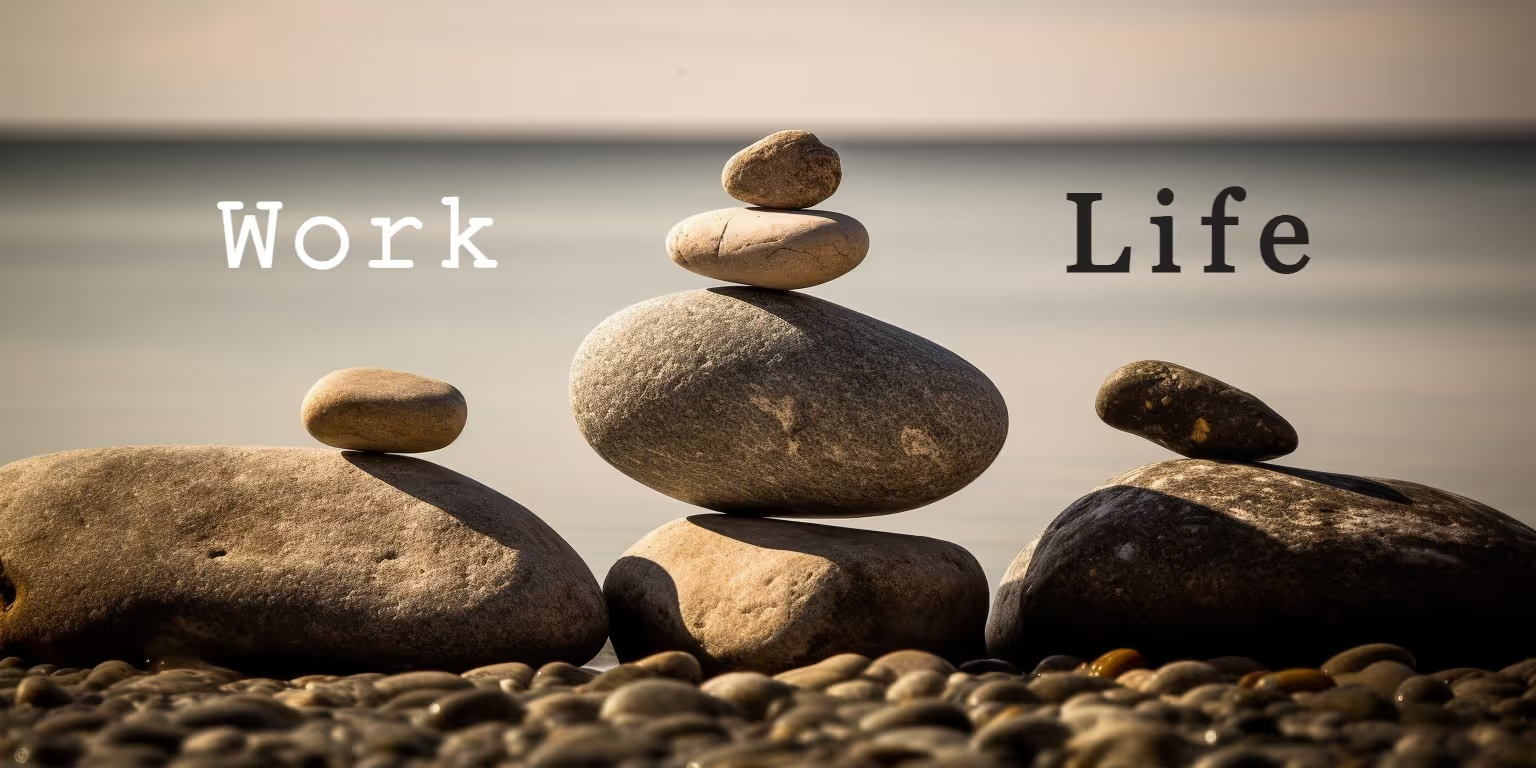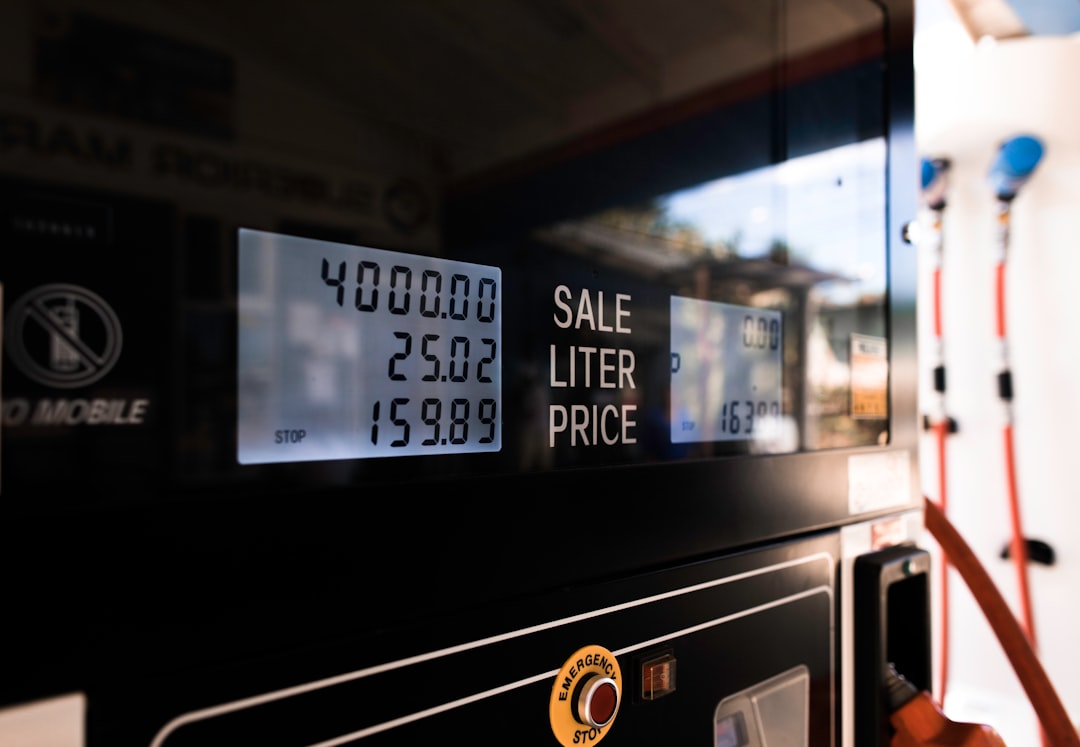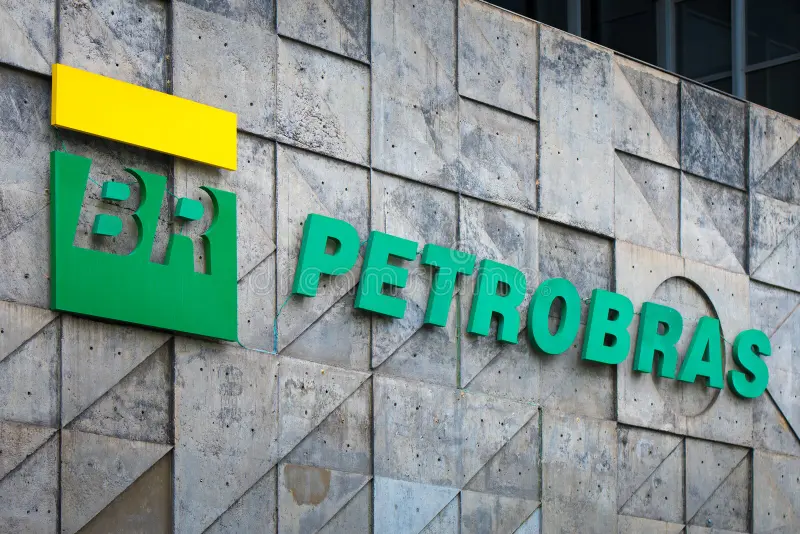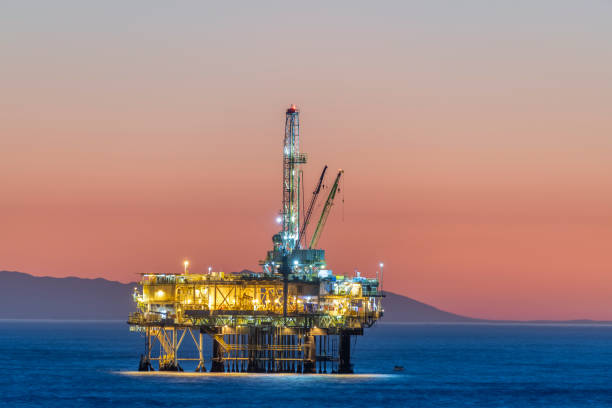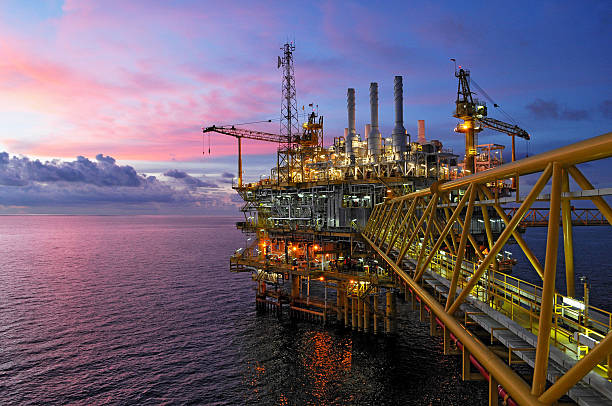When we think about work we usually picture the excitement of being on the sea handling big equipment and dealing with various job related obstacles. Although this kind of work is important and fulfilling there’s also a private battle that goes on—managing the balance between work responsibilities and family commitments. A lot of us who work experience this struggle firsthand having to be away from home, for long stretches of time while still trying to stay connected with our families in a meaningful way.
One specific memory stands out to me that really highlighted this equilibrium for me personally. The time I had to go on the day my child celebrated their first birthday, a pivotal moment all parents anticipate eagerly for their little ones… To add to the difficulty of it all the very next day was my wifes birthday too.. It was emotionally trying to come to terms with not being, for these significant family occasions.. A heavy feeling of guilt and frustration weighed on me as I longed to join in the celebration with them. As many offshore workers understand all too well. Duty often demands our attention at the most unexpected moments.
Living on a platform presents its own set of distinct challenges.
Working offshore involves more than being far away physically; it also entails grappling with emotional and mental hurdles unique to the job itself. Juggling two lifestyles – one, at home and the other offshore – can be quite taxing and demands a delicate equilibrium to navigate successfully.
A major issue that offshore workers often encounter is the prolonged periods spent away from their families due to schedules like two weeks on and two weeks off or even longer intervals of work absence. These schedules result in workers being absent for family occasions such, as birthdays or holidays which can create a sense of absence and missing out on crucial moments together.
Personally experienced it myself before. It was a mix of pride and sorrow when I had to be away offshore on my kids first birthday celebration day.I wished I could be there with them but the demands of work made it impossible for me.It’s quite challenging to make a young child understand why daddy couldn’t be present, on their day.. For my partner it felt like shouldering the emotional burden of family festivities all by themselves.
Challenges, in Communication.
Even though technology has improved connectivity significantly in years workers on offshore rigs encounter difficulties in keeping in touch with their loved ones. The internet connection at sea is often unreliable or sluggish and depending on the location communicating with family members can sometimes feel more like a burden, than a source of solace.
Connecting with family members can be challenging due to time zone discrepancies and work schedules when communication is an option.This lack of interaction contributes to the gap experienced by both the employee and their loved ones.Attempting to compensate for missed occasions, with interrupted video calls falls short of genuine interactions making everyone involved feel unfulfilled and distant.
Emotional and Psychological Stress
Working offshore can take a toll on ones mental well being which is frequently overlooked by others not familiar with this line of work. Offshore workers often face extended shifts filled with demanding tasks and the loneliness that accompanies being separated from their families for long periods of time. The emotional burden of being absent from family life can result in feelings of isolation and anxiety. It’s not uncommon to experience a sense of remorse for not being, for your loved ones as they continue with their lives without your presence particularly during important occasions.
Missing my babys birthday and my wifes birthday consecutively was a strong reminder of the emotional toll my career takes on me. I couldn’t shake the sense of disappointment in myself despite understanding that it was necessary, for my job.
The viewpoint of the family.
Offshore workers encounter difficulties while their families navigate their own set of challenges too. Spouses often find the rotational schedule of work to be akin, to living two separate lives—acting as a single parent when their partner is away and then readjusting when they return home. Such circumstances can lead to tension and feelings of resentment upon the offshore workers return as they try to reintegrate into the family routine.
Juggling. Running a Household
When working away from home on assignments or projects for extended periods of time the partner left behind typically assumes the responsibility of a sole parent taking charge of household affairs and caring for the children independently.This situation can be particularly challenging during family occasions where the absence of the offshore worker is deeply felt.I vividly recall my wife having to oversee both our childs birthday festivities and her own celebration handedly while I was away working offshore.Managing this responsibility, with poise and grace undoubtedly brought about emotional fatigue and heightened stress levels.
Navigating Expectations and Reconnecting with Others
When a worker comes home after being away for work reasons for some time and steps into their living space again with family around them at the end of the day or week or month on location elsewhere or offshore where they have been working lately without being at home much or at all in a while possibly feeling tired and needing a break physically and mentally because of the demands and pressures of their job there is often an expectation from those at home mainly family members that they will immediately resume their responsibilities at home like chores and spending time with the children together as if nothing had changed between them even though they may need some time to readjust to being back home again after being away for so long until both sides find a way to navigate this new situation together in harmony adapting to each others needs and rhythms once more as they settle back into their routine, as a family unit.
It can pose a challenge for kids when a parent returns after being for a long time. Especially to connect with them if the other parent has been there all, along building a stronger bond with them naturally.
Reconnecting with the children as an offshore worker demands patience and time as both the worker and the family must adapt their expectations and empathize with each others needs.
Striking a Balance Between Offshore Work and Family Life
Finding a equilibrium between work and family life can be achieved with dedication and effective communication, between the employee and their loved ones.
Emphasizing the importance of communication.
Keeping in touch is crucial for keeping family connections strong when working away from home on the sea or abroad.. Whether its catching up with calls or exchanging messages to share news about work and home life alike helps close the emotional distance between you and your loved ones.. For those working offshore it’s vital to participate in family discussions even when far away to demonstrate genuine interest, in whats happening back home..

Getting the most out of your time indoors.
Once the worker returns home from work duties; it’s crucial to cherish the moments spent with family members deeply and meaningfully instead of filling every minute with tasks and events. Focus on quality bonding time together as a family unit by engaging in shared routines and being present emotionally to strengthen the relationships that may have been affected due, to the time spent apart.
Advocating for Mental Wellness
Working offshore can take a toll on your emotional well being; it’s vital to tackle these challenges directly by reaching out for help when needed. Whether it’s, through therapy sessions or sharing your thoughts with peers and loved ones to navigate the emotional strains of your work life effectively and cope with them better together as a team effort.
In summary
Juggling work responsibilities with family obligations is quite a challenge indeed! The separation periods and hurdles in staying connected along, with the toll make it all the more complex to navigate through this situation successfully. However… Cultivating a sense of togetherness through dedication and honest conversations can definitely help in nurturing those family bonds amidst these circumstances. Offshore workers and their loved ones may face the struggles of being from important events, like a childs first birthday or a partners special occasion but they can overcome these hurdles and grow stronger through it all.
If you’ve found this article helpful and relevant to anyone dealing with the balancing act of life and family commitments feel free to pass it along their way Your comments and reflections are valuable, as together lets help each other through the highs and lows of this extraordinary journey!
